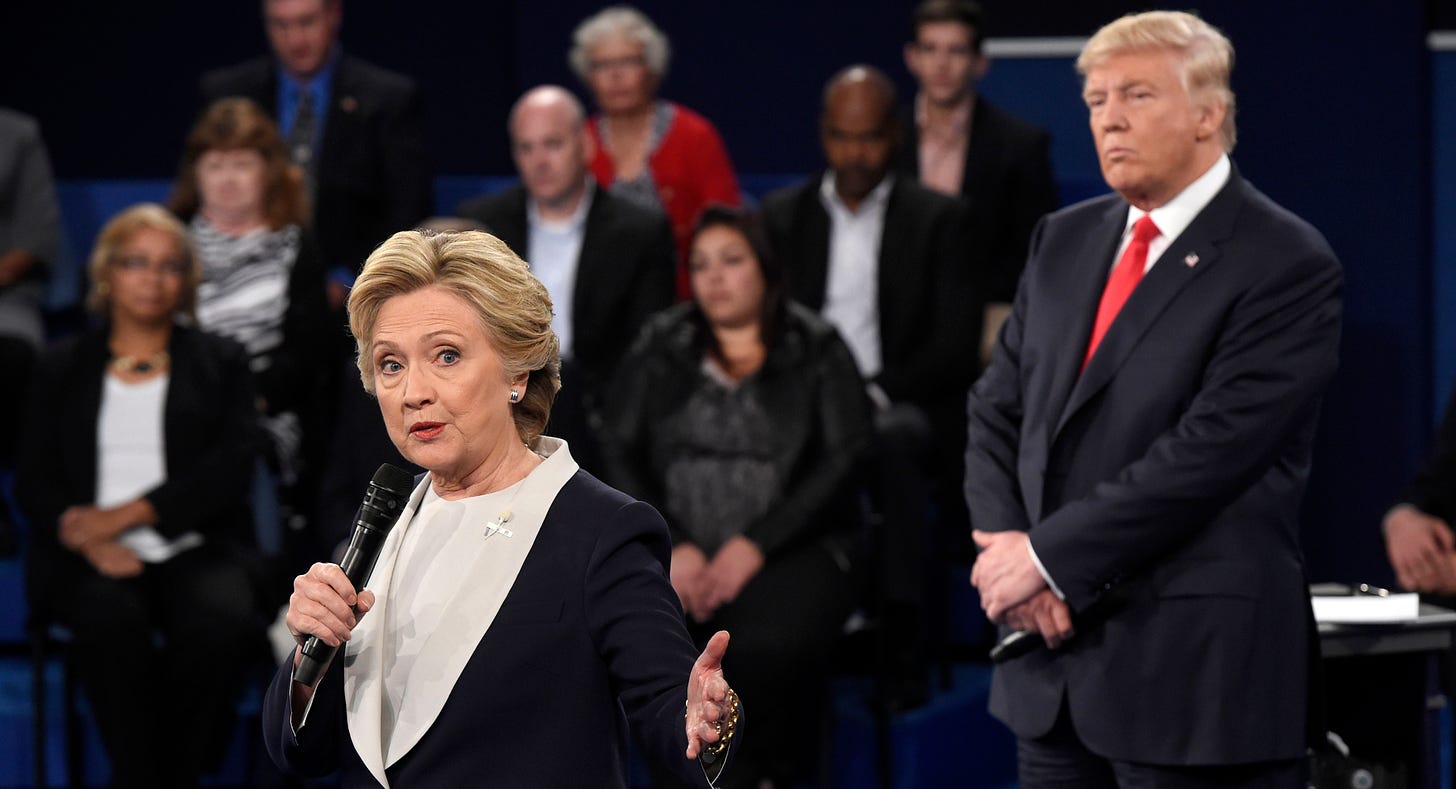FBI's Probe into Hillary Clinton Raises Alarm Over Election Integrity
The significance of these findings extends beyond Clinton's campaign
by Nick Holt | May 23, 2023 | Washington, D.C. The Durham Report has revealed that the FBI had concerns about Hillary Clinton's presidential campaign as early as 2014.
The report exposes how the Bureau cautiously approached potential foreign government interference and investigated the matter, highlighting a stark contrast to its handling of Crossfire Hurricane and the subsequent Steele Report .
Crossfire Hurricane was the code name given to the FBI's investigation into potential links between the Trump campaign and Russian interference in the 2016 U.S. presidential election.
The Steele Report, also known as the Steele Dossier or the Trump-Russia dossier, refers to a collection of memos compiled by former British intelligence officer Christopher Steele. The Steele Report contained unverified allegations of collusion between the Trump campaign and Russia, which proved to be a fabrication.
There is a connection between Crossfire Hurricane and the Steele Report, as the FBI used information from the Steele Report to support its investigation into possible ties between the Trump campaign and Russia.
Even before Clinton formally announced her presidential candidacy, the FBI received critical information from a trusted Confidential Human Source ("CHS-A"), indicating a foreign government's plan to infiltrate Clinton's campaign.
This covert operation aimed to establish influence over Clinton in the event of her successful bid for the presidency. The gravity of the threat was independently corroborated by the FBI, heightening the urgency to take appropriate action.
Initially, Field Office-I sought to open a counterintelligence or public corruption investigation, recognizing the need for additional resources. However, Counterintelligence Division Executive Management instructed them to initiate a full-scale counterintelligence investigation instead.
Field Office-I also sought FISA (Foreign Intelligence Surveillance Act) coverage to gain access to the email accounts of the targeted individual, referred to as "Non-U.S. Person-I," upon their arrival in the United States.
While the FISA authorisation process encountered delays, the report suggests that concerns surrounding Clinton's potential presidency and the incoming Attorney General's confirmation played a role.
The FBI deliberated the implications of potentially having a presidential candidate like Clinton captured on tape, albeit a remote possibility. These deliberations could have contributed to the cautiousness exhibited in processing the FISA request.
In an attempt to address these concerns, the FISA authorization was conditional on the FBI providing defensive briefings to public officials and candidates from both political parties, including Clinton herself.
However, these defensive briefings were provided approximately 11 months after the request. The stark contrast emerges when comparing this timeline to the lack of such briefings extended to the Trump campaign when information was shared by Australia.
This discrepancy in the FBI's treatment of Clinton's campaign and subsequent investigations into foreign influence raises serious concerns about the Bureau's approach.
The decision to delay defensive briefings while pursuing the investigation into Clinton's potential foreign interference highlights potential implications for the success of such investigations.
The speed at which the FBI incorporated allegations from the Steele Report into the FISA request, when compared to the approach taken during the earlier Clinton investigation, appears to be noticeably different.
As the public digests the details of the Durham Report, questions should arise regarding the FBI's handling of politically sensitive investigations, especially concerning foreign influence.
The significance of these findings extends beyond Clinton's campaign, pointing to broader issues surrounding the Bureau's approach to safeguarding the integrity of the electoral process.
The Modern Enquirer will continue to monitor developments related to the Durham Report and its implications for the FBI's investigative practices and what role Hillary Clinton and her campaign played in disseminating false information.



